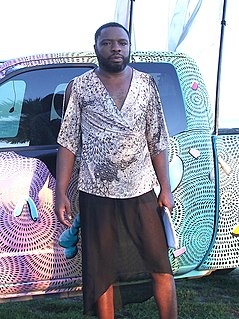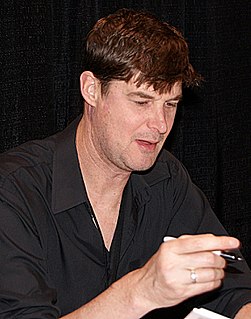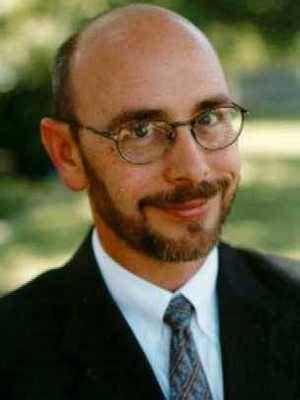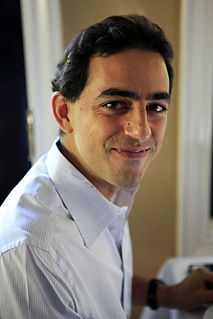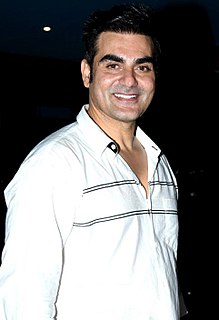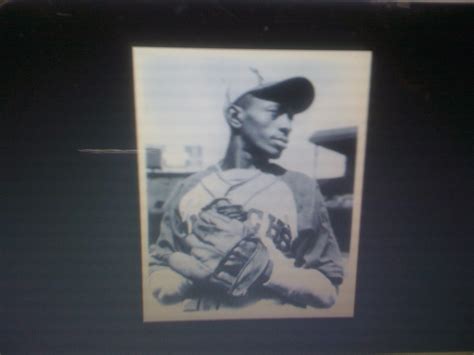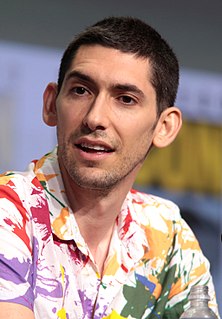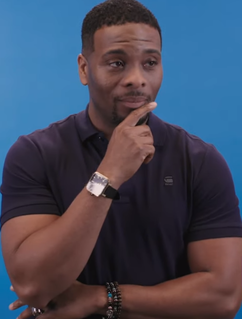Top 1200 Spider Web Quotes & Sayings - Page 4
Explore popular Spider Web quotes.
Last updated on April 19, 2025.
I think our primary function is to create the strongest, deepest, most interesting news report there is in the world.And whether it's on the front page of the newspaper or leading the home page doesn't really matter. We reach a huge audience on the Web. And really, you know, the journalists, whether they are reporters or editors or Web producers or multimedia specialists, we're all creating, you know, the journalism that is the bedrock of our news report. And that's true for the newspaper, the Web, our apps, and you name it.
In every philosophical school, three thinkers succeed one another in the following way: the first produces out of himself the sapand seed, the second draws it out into threads and spins a synthetic web, and the third waits in this web for the sacrificial victims that are caught in it--and tries to live off philosophy.
Just imagine the banner headlines if a marine biologist were to discover a species of dolphin that wove large, intricately meshed fishing nets, twenty dolphin-lengths in diameter! Yet we take a spider web for granted, as a nuisance in the house rather than as one of the wonders of the world. And think of the furore if Jane Goodall returned from Gombe stream with photographs of wild chimpanzees building their own houses, well roofed and insulated, of painstakingly selected stones neatly bonded and mortared! Yet caddis larvae, who do precisely that, command only passing interest.
A friend of mine who writes history books said to me that he thought that the two creatures most to be pitied were the spider and the novelist - their lives hanging by a thread spun out of their own guts. But in some ways I think writers of fiction are the creatures most to be envied, because who else besides the spider is allowed to take that fragile thread and weave it into a pattern? What a gift of grace to be able to take the chaos from within and from it to create some semblance of order.
Magnus glanced at Alec and raised his eyebrows "Boo", he said. Jace was grinning. "Come on,surely you've got a phobia or two. What scares you?" Alec thought for a moment. "Spiders," he said. Clary turned to Luke. "Have you got a spider anywhere?" Luke looked exasperated. "Why would I have a spider? Do I look like someone who would collect them?" No offense," Jace said, "but you kind of do.
These bright roofs, these steep towers, these jewel-lakes, these skeins of railroad line - all spoke to her and she answered. She was glad they were there. She belonged to them and they to her. . . . She had not lost it. She was touching it with her fingertips. This was flying: to go swiftly over the earth you loved, touching it lightly with your fingertips, holding the railroads lines in your hand to guide you, like a skein of wool in a spider-web game - like following Ariadne's thread through the Minotaur's maze, Where would it lead, where?
It's one of the reasons why Spider-Man: Homecoming is so exciting. Because it's a new genre for us, a new character, the first time that Spider-Man is in our cinematic universe and you can see what he was meant to be in the comics. He's such a young teenager in comparison to these other heroes. But I think, because we're film fans who go and see everything, it's much more natural that you're inspired by other work. And then of course that influences your work, and the way you make films.
Downloading and Web 2.0 have famously led to new ways of accessing culture. But these have tended to be parasitic on old media. The law of Web 2.0 is that everything comes back, whether it be adverts, public information films or long-forgotten TV serials: history happens first as tragedy, then as YouTube.
Superman, when he's fighting you, isn't like Batman. He also isn't like Spider-man, who will bully you and make fun of his villains. Why do you think Spider-man's villains all hate him so much? Maybe because as he breaks their bones he's mocking them! Batman's villains are all insane! Superman, when he goes after someone, is essentially not trying to beat them. He's trying to save them from themselves.
I think there was, like, a childhood moment where I had to pick shoes, either non-marking or marking shoes. The marking shoes were Spider-Man shoes. I'm like, 'Well, I want the Spider-Man shoes.' But I also didn't want to mark the court; I want to be able to play. I chose the generic, non-marking shoes.
The Spider is an ode to my mother. She was my best friend. Like a spider, my mother was a weaver. . . Like spiders, my mother was very clever. Spiders are friendly presences that eat mosquitoes. We know that mosquitoes spread diseases and are therefore unwanted. So, spiders are helpful and protective, just like my mother.
The largest issue with search is that we learned about it when the web was young, when the universe was 'complete' - the entire web was searchable! Now our digital lives are utterly fractured - in apps, in walled gardens like Facebook, across clunky interfaces like those in automobiles or Comcast cable boxes.
